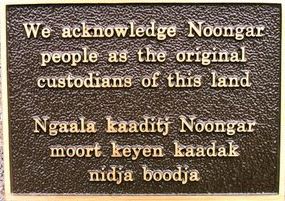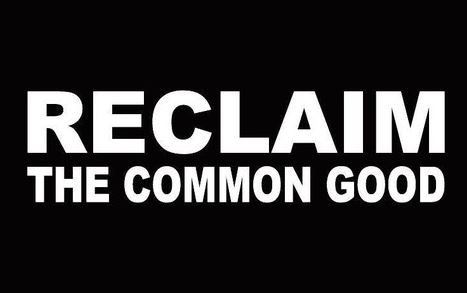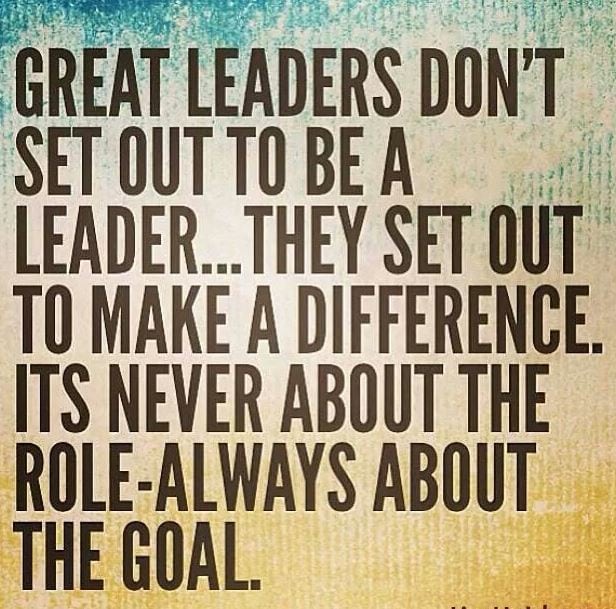
Historic Turning Point for Noongar People in progress towards Self-Determination
March 30, 2015
Mental Health Reform: action and resources needed now…
April 21, 2015There is a great divide between our beliefs, our ideals, and reality.
Yesterday’s paper reported big business in Australia took $25 billion in tax relief during 2014; this is enough to wipe out two-thirds of the current federal budget deficit. While the Federal Treasurer proposes a national “conversation” about tax reform, including the prospect of a higher and broader GST, the Australian Tax Office’s own data showed the top 900 companies paid an “effective tax rate” of just 19.3 cents in the dollar on pre-tax profits in 2014. The corporate tax rate is 30 per cent.
Economic inequality in the US is startling – three recent studies demonstrate that the average US citizen has no idea how unequal their society has become. The average American believes that the richest fifth own 59% of the wealth and that the bottom 40% own 9%. The reality is strikingly different, with the top 20% of US households own more than 84% of the wealth, and the bottom 40% combine for a paltry 0.3%. As one journalist put it, “Americans actually live in Russia, although they think they live in Sweden. And they would like to live on a kibbutz.” Researchers found a surprising level of consensus: everyone — even Republicans and the wealthy—wants a more equal distribution of wealth than the status quo.
Two unconnected, and yet, related narratives. We don’t want to live like this.
Few Australians today would suggest the nation’s political leaders are serving the common good. The need for a new dialogue about what the common good means and what its practice would require of us has never seemed more serious. Our politics have become so polarized and increasingly unpredictable; and our political institutions have lost the public trust.
The idea of the common good has religious and secular origins going back millennia. Its roots can be found in Catholic social teaching, the Protestant social gospel, Judaism, and Islam. Our religious traditions say that we are our neighbour’s keeper, but today people of faith don’t always say and do the things that their faith says and stands for.
The love of God and the love of neighbour; these are challenges God has set before us. And they are also aspects of the calling that we each have as Christians and that we have corporately in the Christian Church and in Christian organisations.
When Christians speak in public about community flourishing or about justice, there’s always someone who will ask why we’re sticking our noses in, as if these things were miles away from the proper concerns of Christianity. Recently there have been the issues of asylum seekers, remote communities and austerity measures. Stick to God, we are told. So we do, and we find Jesus saying: Love God, love neighbour.
The common good of the community and justice are absolutely central to what it means to be a Christian. They flow from the love of Jesus on the Cross, offering salvation, enabling justice and human freedom. Loving God and loving our neighbour go together like the warp and the weft of a piece of fabric.
They hold each other in place and together can be strong, and beautiful, and adaptable, for a variety of uses. But each without the other would be disconnected strands. When we weave them together in our life as people of God, we open up a range of possibilities that can make a real difference.
Possibilities that can transform lives and transform communities. That is our calling. We don’t speak about common good and justice because we think we have some automatic right to be heard; but because loving our neighbour places responsibilities upon us.
In Australia we have a strong tradition and ethos of supporting the battler. But in the 21st century we’ve lost touch with that moral dimension; it has been replaced by both ideology and money. We live in a world that is deeply broken. A commitment to the common good could bring us together and help solve the deepest questions faced by Australia and the world:
- How do we work together?
- How do we treat each other, especially the poorest and most vulnerable?
- How do we take care of not just ourselves but also one another?
- How do we find belonging?
We live in a world where we need hope. We live in a world that is broken and fragmented. We need to build a community and society of compassion. When we come together, we listen to each other, we become more human.
The common good is also the best way to find common ground with other people—even with those who don’t agree with us or share our politics. Both progressives and conservatives could affirm the moral standard of the common good.
The common good should impact all the decisions we make in our lives. It is those individual and collective choices—from how we engage with our local communities, to what we are willing to bring to our elected officials—that will ultimately create the cultural shifts and social movements that really do change politics in the long run. The nation is deciding on a raft of issues that reflects our nation’s soul. By inspiring to both a spiritual and practical commitment to the common good can we help make our common life better.




